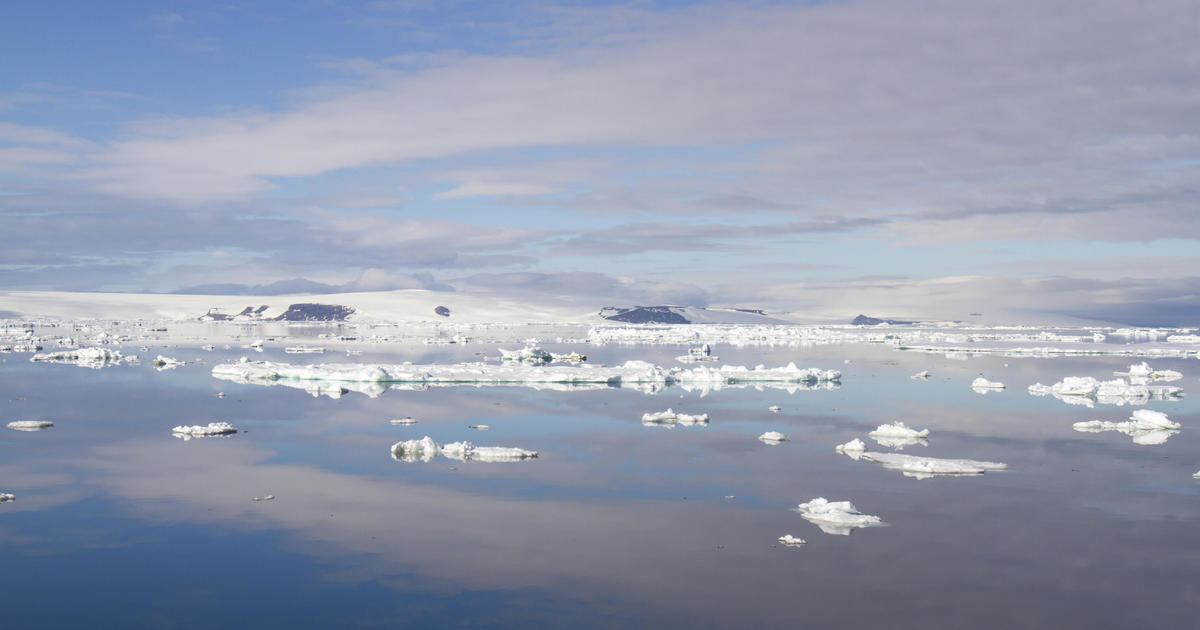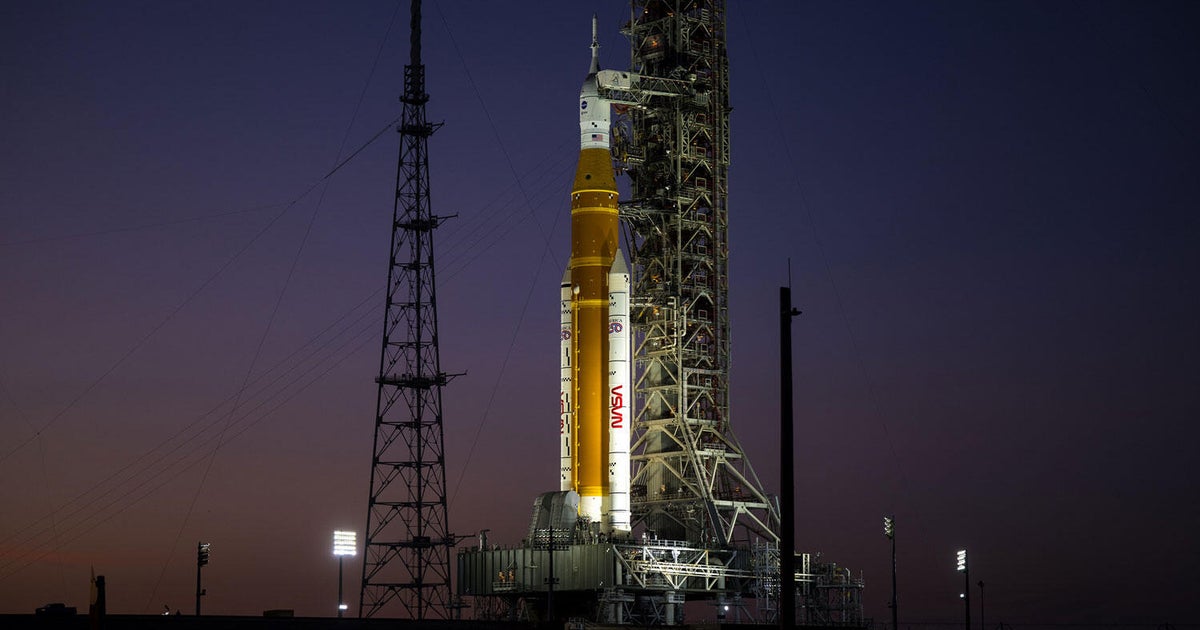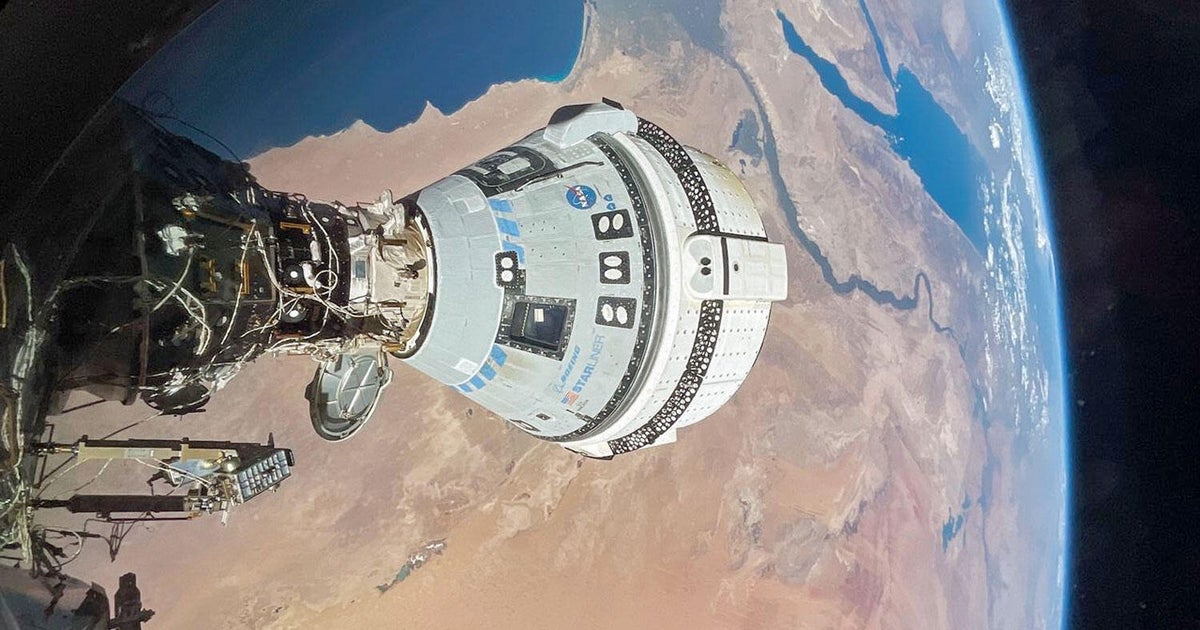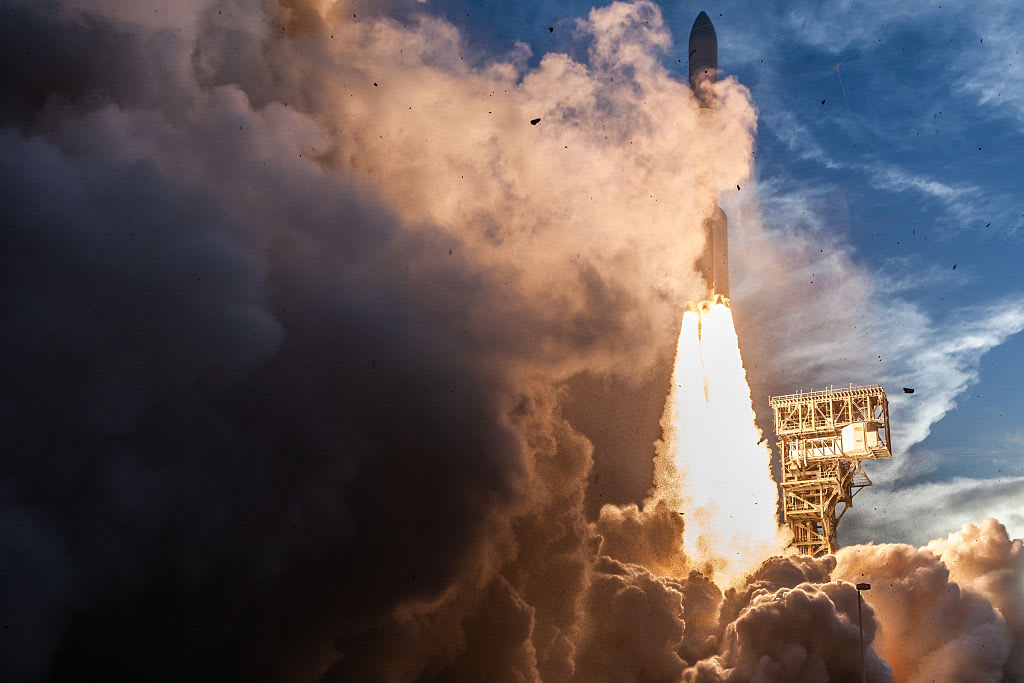Venus' past could teach scientists about Earth's future: "They probably started off similarly"
Scientists say Venus may hold important insights into some of humanity's biggest challenges. As NASA gears up for its Mars 2020 mission, CBS News' Jeff Glor spoke to some who are looking to Earth's mysterious neighbor.
Venus is relatively close to Earth, about 100 days away by spaceship. The planet's heat-trapping atmosphere – 97% carbon dioxide – and 900-degree average surface temperature present both a challenge and an opportunity for learning about Earth's formation.
Scientists at NASA believe Venus was probably the first planet in our solar system to have the conditions to allow life to form.
Sue Smerkar at the Jet Propulsion Laboratory in California said that figuring out how Venus got to its current state could help us understand what is taking place on Earth today.
"We can learn about the very early processes that shaped the surface of the Earth if we study what's going on today on Venus. And we have this greenhouse, it's incredibly intense on Venus," she explained. "So it has a ton of lessons for us to take in as we try to prevent our greenhouse from getting worse."
This is not the first time humanity has set its sights on Venus. Just three months after President John F. Kennedy made his famous frontier speech, NASA completed its first fly-by of Venus. Ten years later, the Soviet Union raised the stakes by landing a probe there, making it the first time any country landed successfully on a different planet.
After a final 1990 mission by America's Magellan spacecraft, which beamed back pictures of the planet's hellish landscape, the talk of exploring Venus all but stopped.
Still, Smerkar says she dreams "of seeing spacecraft there."
Mike Watkins, director of the Southern California lab, will be heading a team responsible for tracking a planetary rover, the Mars 2020 project's main focus. Watkins explained that Mars, along with Venus and Earth, are "three almost identical planets" that were "kind of in similar locations."
"They probably started off similarly. And they went in completely different directions. Mars turned into a desert with very thin atmosphere. Venus turned into an oven with a very thick atmosphere. And we turned out Goldilocks, just perfect," he said.
Watkins went on to say he would like to understand "exactly" how it happened and what drove them to develop so differently.
When asked if he believed there was life "out there," Watkins said he did. "It's crazy to think that it's more in our reach now than it's ever been before."



